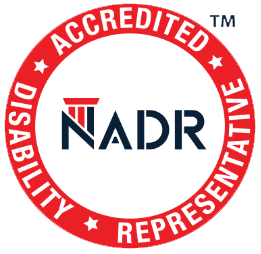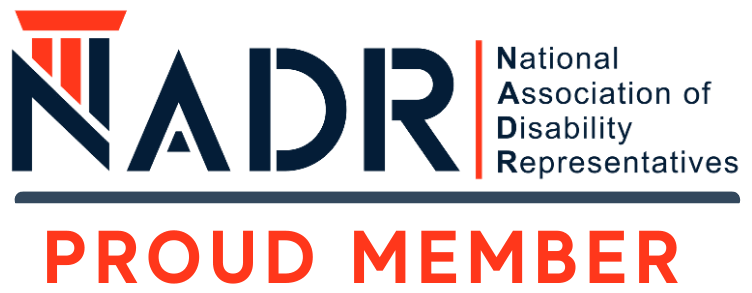Mental Illness and Disability Benefits: Understanding Your Rights and Options
Mental illnesses can profoundly impact a person’s life, affecting their ability to work and carry out daily activities. In certain situations, individuals with these conditions may be eligible to receive disability benefits to help support them during their challenging journey. Here we will discuss some common mental illnesses that could entitle you to disability benefits. First, let’s talk about how the Social Security Administration (SSA) defines mental illness.
How Does SSA Define Mental Illness?
The SSA in the United States uses a specific set of criteria to evaluate mental illnesses to determine eligibility for disability benefits. The outline of requirements is in what they call the Blue Book. The Blue Book provides guidelines for evaluating various impairments, including mental disorders.
To qualify for Social Security Disability Insurance (SSDI) or Supplemental Security Income (SSI) based on a mental illness, an individual must meet the following criteria:
- The condition must be medically determinable. In the most basic terms, this means a medical professional must diagnose the illness. An acceptable medical source for mental illnesses could be a licensed psychiatrist or psychologist. The diagnosis is based on clinical evidence, including medical history, symptoms, and laboratory findings.
- The mental illness must cause severe impairment, significantly affecting the individual’s ability to perform basic work-related activities. The condition must interfere with the ability to perform tasks such as following instructions, maintaining concentration, interacting with others, or adapting to changes in the work environment.
- The mental illness is expected to last at least 12 months or result in death. Temporary or short-term conditions generally do not meet this requirement.
Mental Illnesses That Can Qualify for Disability Benefits
Now that we know how they generally define mental illness, let’s talk more specifically. Here are some mental illnesses that can qualify for disability benefits.
- Major Depressive Disorder: Also known as clinical depression, this condition can cause persistent feelings of sadness, loss of interest, and difficulty in carrying out daily tasks. If it significantly impairs your ability to function and work, you may be eligible for disability benefits.
- Bipolar Disorder: Characterized by extreme mood swings between depressive and manic episodes, bipolar disorder can make it challenging to maintain stable employment. If the condition severely affects your ability to work, disability benefits may be an option.
- Post-Traumatic Stress Disorder (PTSD): PTSD can develop after experiencing a traumatic event and can cause flashbacks, nightmares, anxiety, and avoidance behavior. If the symptoms significantly impact your daily life and work, disability benefits might be available.
- Schizophrenia: Schizophrenia is a chronic mental disorder that affects a person’s perception of reality. It can result in delusions, hallucinations, disorganized speech, and impaired cognitive functioning. If it significantly impairs your ability to work, you may qualify for disability benefits.
- Anxiety Disorders: Conditions such as generalized anxiety disorder (GAD), panic disorder, and social anxiety disorder can severely impact an individual’s ability to function in various areas of life. If your anxiety disorder makes it difficult for you to maintain employment, disability benefits may be an option.
- Obsessive-Compulsive Disorder (OCD): OCD involves intrusive thoughts and repetitive behaviors that individuals feel compelled to perform. If OCD significantly interferes with your daily activities and work, you may be eligible for disability benefits.
- Autism Spectrum Disorder (ASD): ASD is a developmental disorder that affects social interaction, communication, and behavior. If the symptoms of ASD limit your ability to work and function independently, disability benefits may be available.
You Are Not Alone
Remember, you don’t have to face these challenges alone. Seek support and explore the available resources to help you on your journey toward well-being. It’s important to note that meeting the specific criteria in the Blue Book is not the only way to qualify. The SSA also considers the individual’s residual functional capacity (RFC). This assesses their ability to perform work-related activities despite their impairments.
Understanding the potential eligibility for disability benefits can provide much-needed support for those facing these challenges. Qualifying for disability benefits is a complex process involving providing sufficient medical evidence and demonstrating the condition’s impact on your ability to work. Contact Disability Support Services. We will advocate for you and ensure you know your rights and options to navigate the system more effectively and focus on your mental health and well-being. No one should do this alone!



